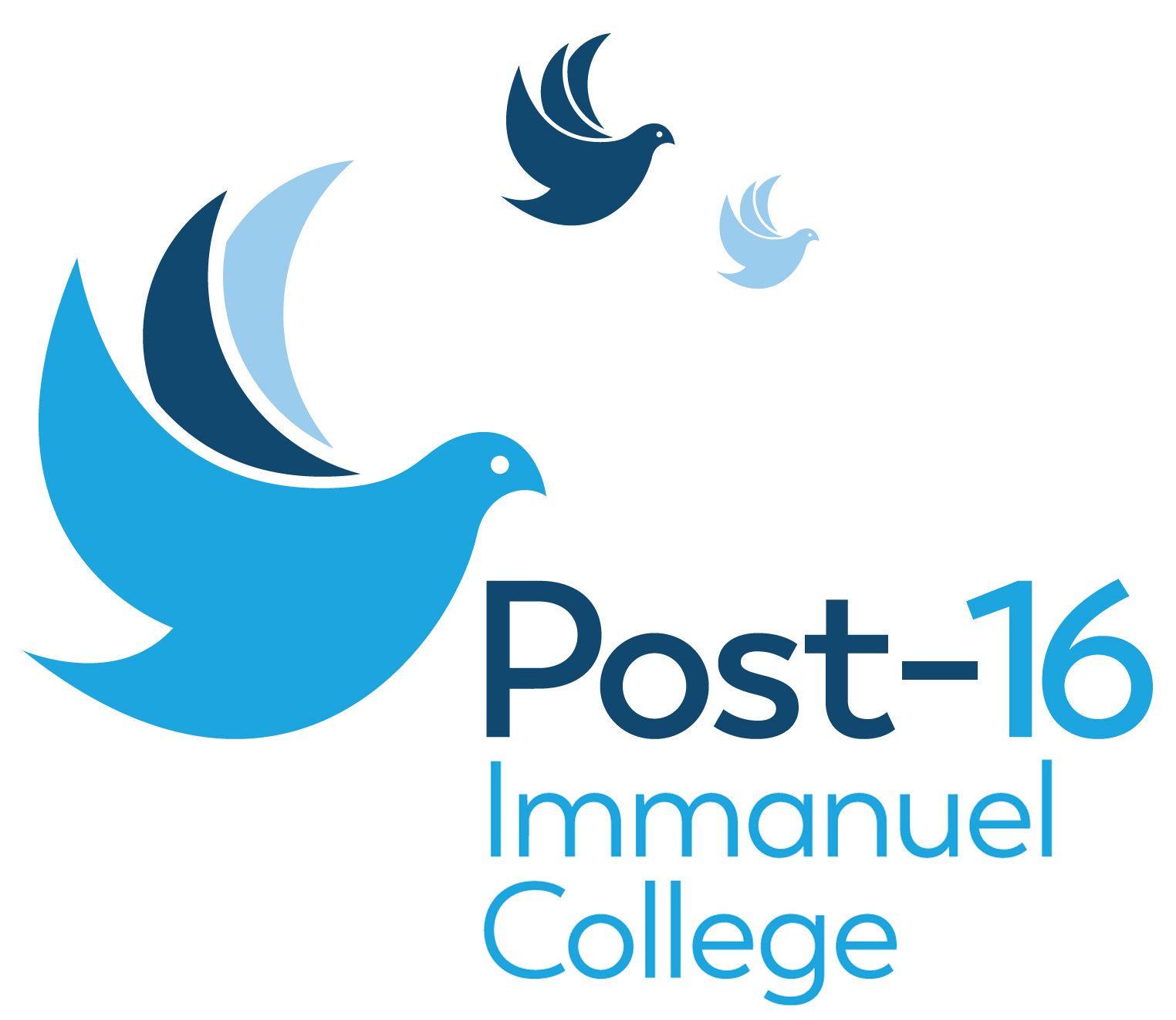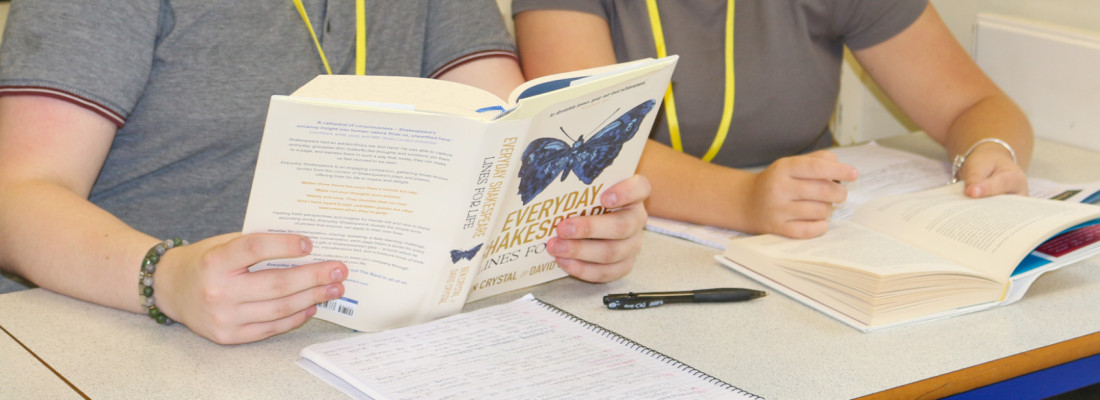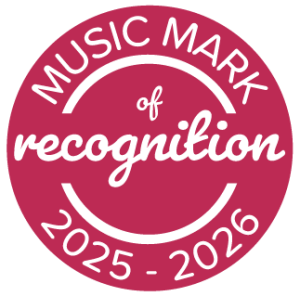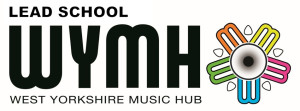
- Overview
- Welcome from the Headteacher
- Post-16 Team
- Admissions
- Post-16 Prospectus
- Subjects
- English Language & Literature
- English Literature
- Maths
- Further Maths
- Biology
- Chemistry
- Physics
- Applied Science (Applied General)
- Art
- Art: Textile Design
- Computer Science
- Criminology (Applied General)
- Data Analytics (Applied General)
- Drama & Theatre
- Economics
- Film Studies
- French
- Geography
- History
- Law
- Law (Applied General)
- Media Studies
- Music
- Music (Applied General)
- National Extended Certificate in Uniformed Protective Services (Applied General)
- Philosophy, Theology, Ethics - Religious Studies
- Photography
- Psychology
- Sociology
- Spanish
- Sport (Applied General)
- Technical Business (Level 3 - Extended Certificate)
- Travel and Tourism (Applied General)
- Hospitality (Level 2)
- Leadership through Sport (Level 2)
- Public Services (Level 2)
- Employability
- Maths and English GCSE Resit
- Student Leadership
- Results & Student Progression
- Trips & Opportunities
- Charity Work
- Facilities
- Enrichment
- FAQs
- Exams Information
- Go Higher West Yorkshire
English Language & Literature

Why choose this subject?
This specially-designed integrated course allows you to deepen your understanding of both language and literature; it will enrich your experience of spoken and written communication.
Designed to ensure the right balance and coverage of the two disciplines, this specification enables you to see how linguistic and literary methods are related and to explore these links in your work.
What will you study?
Year 12
Students will use a range of linguistic and literary devices in studying an anthology of texts produced about Paris. They will also study poetry from Carol Ann Duffy and ‘The Lovely Bones’ by Alice Sebold.
Year 13
Students will use a range of linguistic and literary devices in studying ‘A Streetcar Named Desire’ by Tennessee Williams and ‘The Kite Runner’ by Khaled Hosseini. They will complete coursework comparing literary and non-literary texts of their choice, guided by teachers.
How is this course assessed?
Assessment for this course typically takes place through written examinations that are set externally and assessments that are conducted internally.
![]()
English Intent
At Immanuel College, we aim to inspire in all students a love of English literature and the understanding that language is power1. Our aim is to produce confident communicators who can adapt their language and tone in different situations. We aim to pair with this ability to identify right and wrong and speak up for themselves and others5.
Our curriculum seeks to broaden students’ understanding of the wider world by exploring a wide range of cultural, social, and moral issues. We seek to develop students’ empathy skills and their appreciation of what it means to live in a diverse community. We want our students to leave Immanuel College as fully-fledged citizens who can make a positive contribution to society and to relish the opportunity to work in a multi-cultural setting7.
We instil in our students the ability to persevere through challenging topics and a reflective approach to improvements. Students build character, resilience, and empathy by appreciating literature from a broad range of perspectives that can be applied to the world around them. We seek to give hope to students through high expectations and by developing a proactive and positive attitude towards challenges they face9.
1 Matthew 1:23 – ‘They will call him, “Immanuel” which means “God with us.”
5 Mark 10:45 – Jesus said, ‘For the Son of Man did not come to be served, but to serve.’
7 Ephesians 2:10 – ‘For we are God’s masterpiece, created in Christ Jesus to do good works which God prepared in advance for us to do.’
9 John 10:10 – Jesus said, ‘I have come that they may have life and have it abundantly.’
Subject Maps
Curriculum Plans
What next?
An A Level in English Language and Literature can lead you to university courses and employment into a wide range of careers including medicine, law, teaching, the media and research. It will help you to develop a wide range of skills such as independent thought, problem solving, an appreciation of nuances in language, research, communication and team work, thereby making it an ideal choice to bridge science and humanity subjects.










